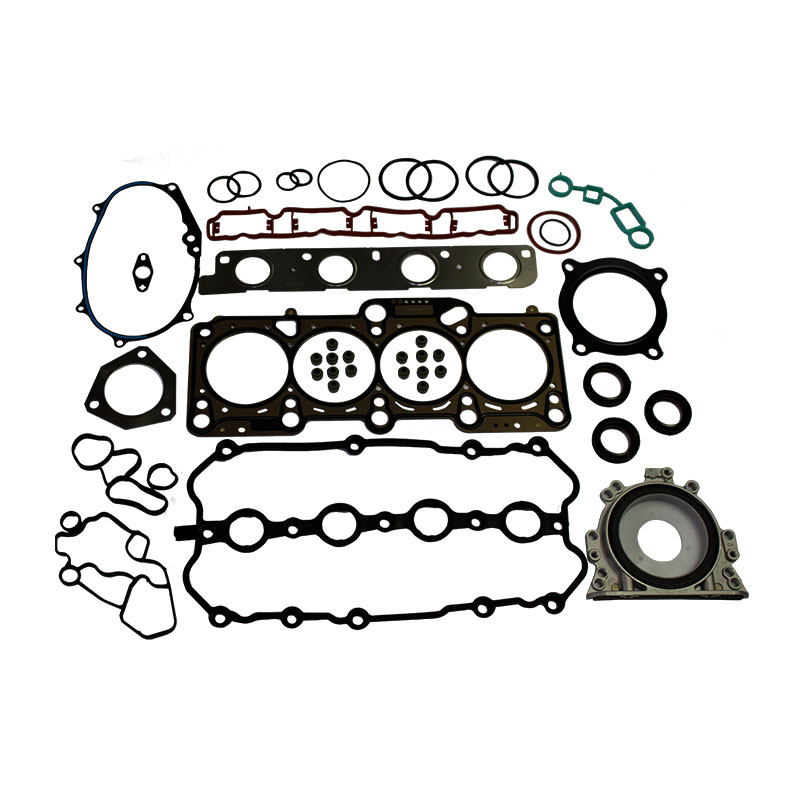Engine Oil Filter Gasket Replacement Tips for Optimal Performance and Longevity
Understanding Engine Oil Filter Gaskets Importance and Maintenance
Engine oil filter gaskets play a crucial role in the overall performance and longevity of an engine. Although they might seem like minor components, these gaskets serve vital functions that cannot be overlooked. In this article, we will delve into what engine oil filter gaskets are, why they are important, the common issues they face, and how to maintain them for optimal performance.
What Are Engine Oil Filter Gaskets?
Engine oil filter gaskets are sealing components located between the oil filter and the engine. Their primary function is to create a leak-proof seal that prevents engine oil from leaking out of the oil filter connection. Typically made from rubber, paper, or silicone, these gaskets are designed to withstand high temperatures and pressures, ensuring that they maintain their integrity over time.
Importance of Engine Oil Filter Gaskets
1. Leak Prevention The most critical role of an oil filter gasket is to prevent leaks. Any failure in the seal can lead to oil leaks, which can cause significant harm to the engine. Low oil levels can result in inadequate lubrication, leading to increased friction and wear on engine components.
2. Fluid Integrity A sound gasket helps maintain the correct oil pressure within the engine. This is crucial for proper lubrication of engine parts, which, in turn, impacts engine efficiency and performance.
3. Heat Resistance The materials used in oil filter gaskets are designed to withstand the engine's heat. A high-quality gasket will not only prevent leaks but will also resist deformation under pressure and temperature extremes.
Common Issues with Engine Oil Filter Gaskets
Despite their importance, engine oil filter gaskets can face several issues over time
1. Wear and Tear Continuous exposure to heat and pressure can lead to degradation of the gasket material, resulting in cracks or hardening that compromises the seal.
engine oil filter gasket

2. Improper Installation If the oil filter is not installed correctly, it can distort the gasket, leading to leaks. Over-tightening the oil filter can also crush the gasket, resulting in a poor seal.
3. Age Like any rubber component, oil filter gaskets have a lifespan. Aging gaskets can become brittle or lose their elasticity, making them less effective in their sealing function.
4. Contamination Dirt, dust, and debris can become trapped between the gasket and the oil filter or engine block, which can prevent a proper seal and lead to leaks.
Maintenance Tips
Maintaining engine oil filter gaskets is relatively straightforward, and following these tips can help ensure their longevity
1. Regular Inspections During routine oil changes or engine inspections, check the oil filter gasket for signs of wear, cracks, or deformation. If the gasket appears damaged, it should be replaced immediately.
2. Proper Installation Always follow manufacturer guidelines when installing an oil filter. Ensure the gasket is properly seated and that the filter is not over-tightened.
3. Use Quality Parts Opt for high-quality oil filters and gaskets that meet or exceed OEM specifications. Inferior parts may save you money upfront but can lead to more expensive problems down the line.
4. Clean Sealing Surfaces Before installing a new oil filter, make sure that both the filter and the engine surface are clean. Removing old gasket material and debris will help ensure a tight seal.
Conclusion
In summary, engine oil filter gaskets are essential components that help maintain the efficiency and longevity of your vehicle's engine. Regular maintenance and attention to detail during installation are key to preventing leaks and ensuring that your engine runs smoothly. By understanding the significance of these gaskets and adhering to best practices, vehicle owners can extend the life of their engines and improve overall vehicle performance.
-
Understanding the Front Main Engine Seal: Purpose, Maintenance, and Installation
News Jul.29,2025
-
Understanding O-Rings and Seal Rings: Types, Applications, and Custom Solutions
News Jul.29,2025
-
Understanding Crankshaft Oil Seals: Rear Seals, Pulley Seals, and Their Role in Engine Integrity
News Jul.29,2025
-
The Importance of Front and Rear Crankshaft Seals in Engine Performance and Oil Management
News Jul.29,2025
-
Crank Oil Seals: Functions, Types, and Cost Considerations in Engine Maintenance
News Jul.29,2025
-
A Comprehensive Guide to O-Rings and Seals: Types, Materials, and Global Applications
News Jul.29,2025
-
Mastering Diesel and Performance Engine Maintenance: A Guide to Critical Oil Gaskets
News Jul.28,2025
Products categories















